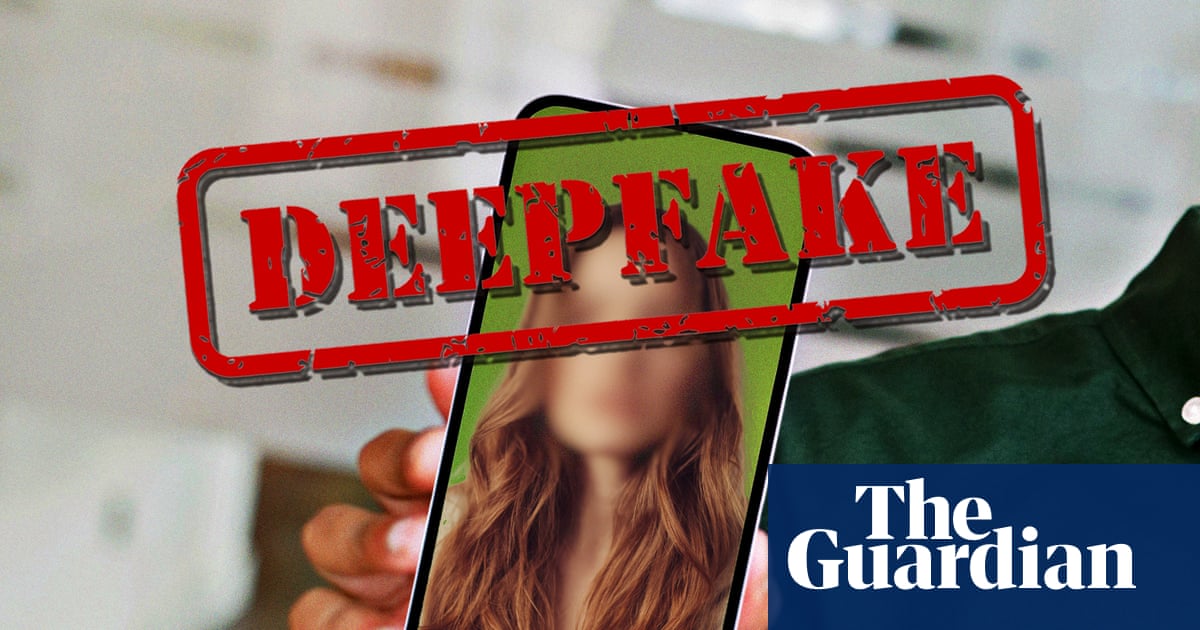When I was 17, I was quiet, an observer on the fringes. That was often mistaken for being wise. Now 70 (and, by the way, gay), I am chatty and opinionated with a tendency to talk over others in conversation. I have come by the changes honestly, so I don’t whip myself over it because I am enjoying expressing myself. But I do wonder if this is a normal progression, the loss of filters with ageing, or if I am simply losing my sociability – going off the rails in some way. While I like being friendly to all and enjoy the company of women especially, I recognise how easily they can be hurt. I seem to put out a strong “new-best-friend” vibe, but then sometimes, when they step close, I feel crowded and back off. The flip-flop clearly offends and I don’t want to be doing that, but I frame it as being true to myself. Is this a destructive habit and if so, should I dial down the friendliness?
Eleanor says: How responsible are we for the ways other people see us?
A lot of people have some version of the experience you’re describing, I think. Something about them seems to invite quick closeness, and they wind up with relationships or expectations they didn’t quite mean to create. A radio producer friend of mine, professionally trained to conjure intimate conversations, sort of forgot how not to do that in everyday interactions, and found people opened up and bonded to them quite quickly – maybe quicker than either of them would want. And then comes the turn: the moment the other person wants more than you meant to give, the moment it feels like being consumed, and now everybody feels bad. They feel rejected by the flip-flop. You feel bad for causing pain, and spooked by the eerie mirror-world of versions of you. The whole thing’s unpleasant and confusing and everybody’s left wondering who’s at fault.
On one hand, there’s a strong instinct to say “this isn’t on me”. The version of me that you created in your head is your responsibility. It’s a weird puppet that looks a lot like me, and talks in my voice, but it’s your hand producing the motion – I didn’t say I wanted to be your best friend. I didn’t say yes to those expectations.
On the other, this pattern can cause genuine hurt. However we split the bill on the hurt, it’s still hurt. Even if we’re not stringing people along – if they’re singlehandedly deceiving themselves – we might have some obligation to prevent their mistake if we can reliably predict they’ll make it.
So there are problems on both your hands! What I hear in your question is the bind between them. Your two choices are to tone down the extraversion that at last feels exciting (and risk not being true), or do what feels self-expressive (and risk causing hurt).
I think which way you go depends on how much this is being true to yourself. Both the chattiness and the wish to back off. They could well be.
Or they could be part of a pattern that you don’t ultimately identify with. Sometimes we feel threatened or consumed by totally normal bids for closeness, not because they are actually threatening or unreasonable, but because something in our past taught us that when you give a bit, you lose a mile. A ghost in our memory makes normal attempts at connection feel like invasions. So we get cross at people for “demanding” things from us, when really all they did was show interest or reciprocate the interest we showed them first. If your wish to pull back isn’t a response to genuinely unreasonable crowding – if it’s shadowboxing with memory ghosts – then it’s not being true to yourself. It’s not being true to what’s actually going on, either.
after newsletter promotion
I’m not a therapist and I can’t know whether that resonates for you. I do know that if the choice is between being authentic or whittling yourself to avoid misinterpretation, you’re always allowed to choose authenticity. As long as it really is authenticity, not just a pattern you could authentically choose to break.
*Letter has been edited for length

 2 months ago
51
2 months ago
51

















































